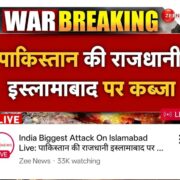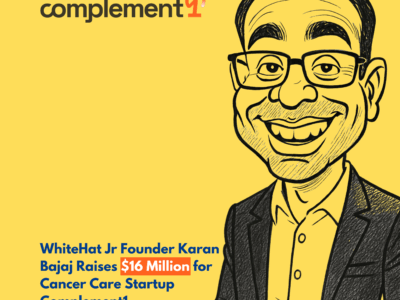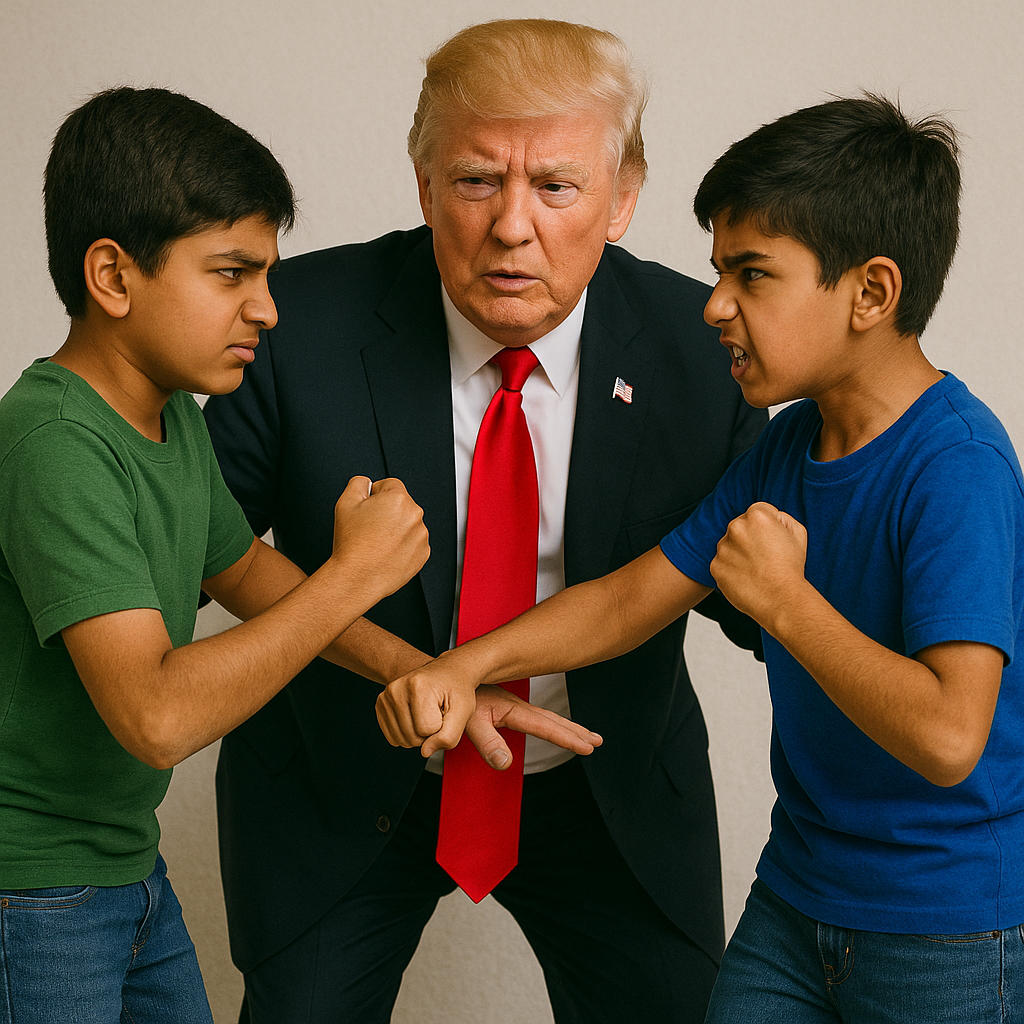
There is, at this moment, an uneasy ceasefire, delicate, fragile, and uncertain. No one can say with confidence whether it will endure; some reports already suggest it has been violated. Personally, I believe it will hold, even if tenuously, at least for a short while. But that is not what compels me to write today. What merits closer attention is not the ceasefire itself, but the manner in which it was announced, and more importantly, by whom.
For 78 long years, India has held steadfast to the claim that Kashmir is a bilateral matter between India and Pakistan, a complex, painful issue rooted in history and sovereignty, to be resolved, if at all, only by the two parties directly concerned. We have insisted, time and again, that we, and we alone, shall chart the course of our nation’s destiny. We have prided ourselves on being a sovereign republic, unaligned to the power blocs of the Cold War, unwilling to be cajoled or coerced by any so-called global policeman. Our foreign policy has often been one of quiet but firm dignity, whether in walking out of the White House when disrespected, or standing tall in international forums even when our economy was struggling and our influence limited. We did not bend, even as others far richer and militarily mightier than us routinely capitulated to the arrogance of empires and the vanity of narcissistic strongmen.
All of that came to a quiet, unceremonious end last night.
Without the dignity of an official press conference, without even the veneer of a diplomatic communiqué, it was a foreign head of state, a sitting American President, who took to social media to inform the world that India and Pakistan had “agreed” to a full and immediate ceasefire. His tone was patronising, the language condescending, congratulating the two countries on using “common sense”, as if we were two unruly schoolboys finally convinced to shake hands after being scolded and physically separated by an exasperated adult. It was not a statement of global diplomacy. It was a paternalistic decree, and it made a mockery of everything we have stood for since Independence.
It marked the end of an era, not just diplomatically, but philosophically, the moment India stopped being the author of her own narrative and became, instead, a footnote in someone else’s tweet. And yet, as is often the case with moments of historical rupture, the signs were all around us for those who wished to see. The only difference being that, unlike so many other turning points in history, which reveal themselves only in hindsight, this one was visible to anyone with eyes to see and the clarity to admit what was happening. For those of us who had been watching, with unease and increasing dismay, this moment was not a surprise. It was a culmination. A tragic inevitability.
We are no longer spoken with, but spoken to.

